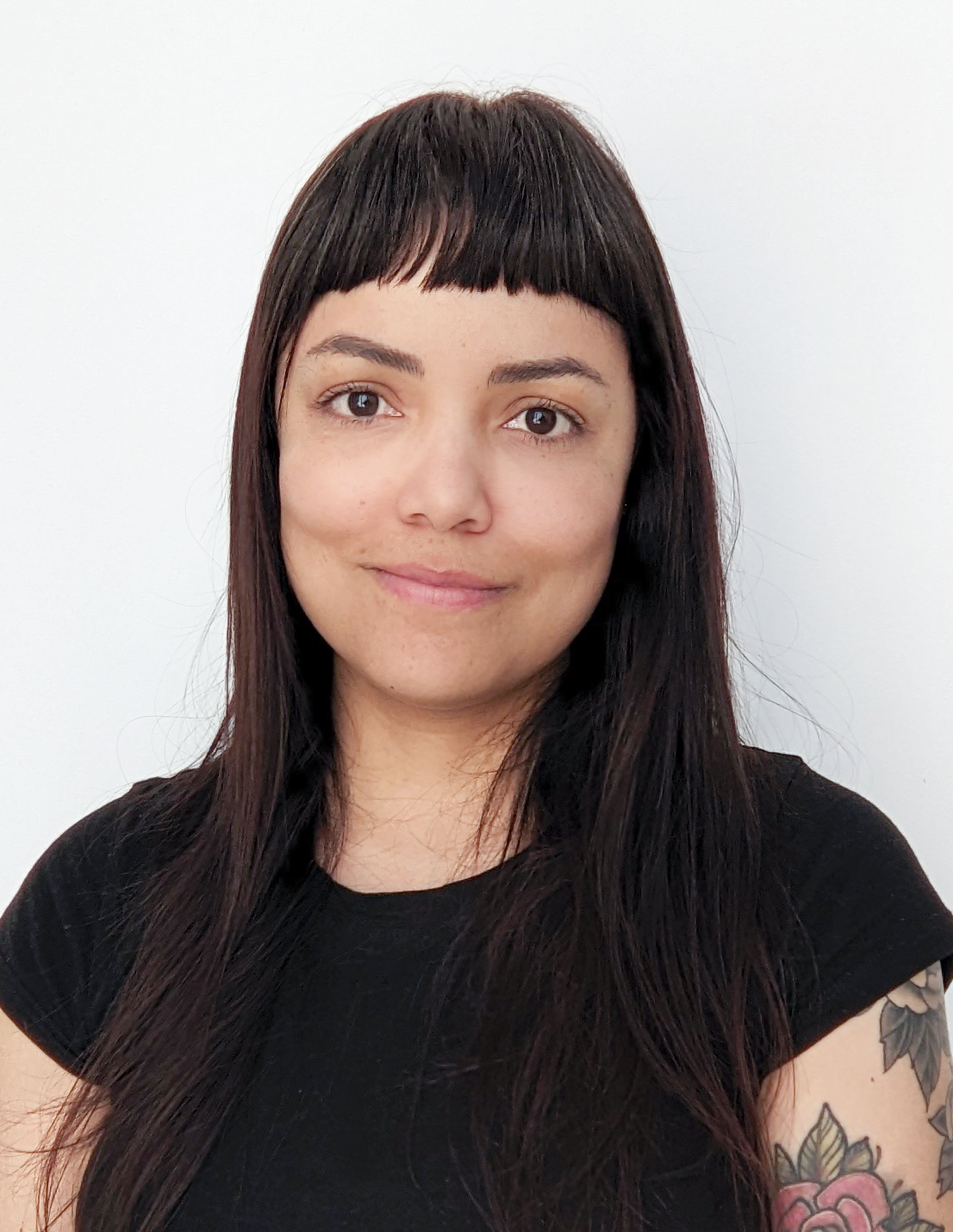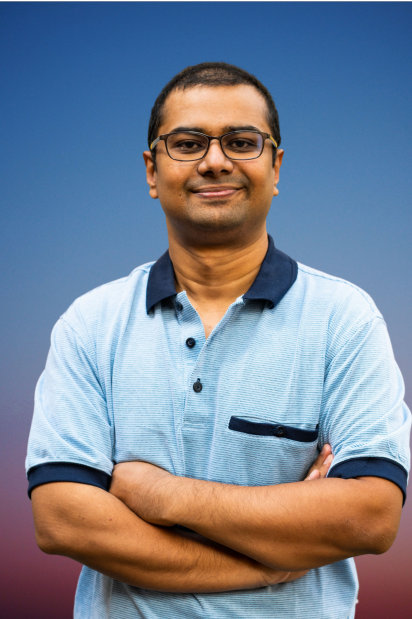Because of the current economic climate our publication has started a series of discussions with professional individuals meant to engage our readers with relevant companies and their representatives in order to discuss about their involvement, what challenges they have had in the past and what they are looking forward to in the future. This sequence aims to present a series of experiences, recent developments, changes and downsides in terms of their business areas, as well as their goals, values, career history, the high-impact success outcomes and achievements.
Cathy Ross is the president and co-founder of Fraud.net, a company that is combining the powers of artificial intelligence and collaboration. It helps online merchants, travel agencies and financial services companies eliminate payment fraud and supercharge their operations with real-time, data-enriched visual analytics.
Tell us more about your role in Fraud.net?
I am the President and co-founder of Fraud.net. I have more than two decades of experience in the areas of cybersecurity, payments, and ecommerce, and I came to those roles from the finance and investment side. I didn’t start my career with the goal of entering fraud detection. As a board member at MotherNature.com, I saw the gaps in the online payment infrastructure. I ended up co-founding Fraud.net to build the end-to-end fraud detection, prevention, and analysis solution that I wished was around in my prior roles.
At Fraud.net, my role is about keeping people focused, inspired, and productive. Even before the pandemic, we had allowed team members to often work remotely. It’s important to have everyone rowing, and rowing in the same direction. I’m making sure that this is happening, by creating the right targets and the right reporting systems, but also making sure that I’m in personal contact with every employee regularly. These conversations are more than just about accountability on their side, it’s also about the vision and strategy on my side, so that they’re reaching for the right goals, and are inspired while they’re doing that.
What is the most difficult part of your job? But the most rewarding one?
For some people, the most rewarding part of the job is the most difficult… because, if you’re in charge of a company, why would you do the most difficult thing, if it wasn’t the most rewarding? I mean, just delegate it, right?
Anyway, right now, the most difficult and the most rewarding thing are not the same thing for me.
For me, the most rewarding part of my job is inspiring my colleagues. I do this by sharing learnings we get from interactions with clients, identifying emerging market opportunities, and highlighting really creative or impressive projects that staff is working on, to get staffed fired up to achieve revolutionary breakthroughs in fraud analysis, detection, and prevention.
The least inspiring part of my job is tracking the work of a global, multi-national, multi-lingual team. I’m not going down to the task-level in our collaboration platform — Asana is a must for us here at Fraud.net. Still, I’m sifting through statuses on dozens, sometimes hundreds of different projects, making sure that we’re delivering on deadlines and keeping our clients delighted.
The thing is, I can’t really do the first thing, without doing the second thing. I need to know what’s going on at a fairly detailed level to be authentic when I’m working to inspire the team. So, the tracking thing is kind of a necessary evil for me.
Is there anything that you would change about your professional path?
I’ve had a career that’s spanned a number of technology firms in a number of different roles. I think that it would be tempting to rub the genie lamp and wish for the ability to do what I’m doing now, except faster and earlier, skipping all those preliminary steps and roles. But it probably wouldn’t be the right thing to do in my case.
I have a lot of positions outside of my current industry. And I’ve certainly made my share of mistakes. Still,those experiences added skills that make me a better manager, and a better leader, now. I don’t think I could be doing as good a job without those experiences and, yes, the mistakes too, under my belt.
If there was something I’d have done differently at Fraud.net, I would say that it’s probably about brand. We’ve always been laser-focused on providing the best technology in this space, and I think we’ve done that.
We revolutionized the idea of collective intelligence that is, sharing anonymized data across our partners, our client base — even our competitors, to ensure that fraudsters are identified and stopped before they even reach the point of the transaction.
We were also one of the first to leverage artificial intelligence, and still have what I think is the most sophisticated offering in this space. We use it to analyze vast amounts of transaction data to identify patterns and fraudsters, earlier and earlier in the transaction lifecycle.
However, because we launched with this great, revolutionary product, we were able to grow the company mainly through word-of-mouth. We were white-labeled by some major, global financial institutions and built a “most-favored” status with some key partnerships. So, for a long time, we really never had to do traditional branding and promotion to achieve major growth, year in and year out.
Now, we’re seeing a lot of offerings that are newer, and frankly not as good, but are much bigger names in the space. We have to work a little harder to get out there in the wider marketplace and that’s a function of us not being focused enough on brand. That’s something we’re investing heavily in now, but I wish we had started that a little earlier.
What’s your key strategy for the development of your company?
Well, as you might have inferred from my prior answer, brand development is going to be a critical element of our company development going forward.
Beyond that, AI is going to continue to play a critical role in fraud prevention. We’re now past the point where AI is helping catch fraudsters at the point of purchase. We’re now able to identify fraud and fraudsters pre-crime, by identifying suspicious activity, and also identities that are almost certainly synthetic, as opposed to real people.
The next big step is using AI to proactively identify patterns of fraud, and proactively make recommendations to the fraud prevention specialists. That is coming, and we’re going to be a leader in that technology when it does.
What do you think about the next period of time, keeping in mind the pandemic and the new business climate? How will your industry be affected?
For better or worse, the pandemic has been a boon for us and all the companies in the fraud prevention and cybersecurity space.
Covid-19 was the wake-up call for companies around the need for digital transformation. There are a lot more transactions taking place online and, therefore, a lot more fraud. So, companies are more focused on fraud and fraud prevention right now.
That increased level of online transactions and online fraud won’t change much post-vaccine. A lot of the brick-and-mortar retail sector may not recover for some time. Also, many businesses are realizing the long-term benefits of having remote teams even if it’s safe to go back to work.
Those and many other factors would suggest that the recent, record levels of online fraud will be part of the “new normal,” post-Covid-19. That’s an unfortunate development for businesses in-general but it’s good because it’s making more businesses fraud-aware. That ultimately benefits companies like Fraud.net.
What books do you have on your nightstand?
I am really enjoying Blitzscaling by Ried Hoffman and Chris Yeh at the moment. It’s an interesting presentation of what seems to be the current best practices for achieving hypergrowth.
Theirs is a decidedly different approach than what we’ve taken at Fraud.net, where we’ve been very careful about taking on outside investors, and we’ve had a meticulous and methodical approach to the development of the product. I’ve always tried to balance perfectionism against the need for growth, so this book has given me a lot to think about.
My takeaway is that even if the priorities of founders are sometimes misplaced leveraging these strategies, you can’t argue that the market tends to reward companies pursuing this approach with rich valuations… when they manage to pull it off, at least.
The other book I’m reading right now is Virtual Freedom, by Chris Drucker, which is focused on leveraging virtual teams — also to help grow the company faster, but while keeping spending low. It’s got a lot of good insights, but I’m happy to report that we’ve had so much experience managing virtual teams here at Fraud.net that I’m feeling like I already have most of those tools in the toolkit.




